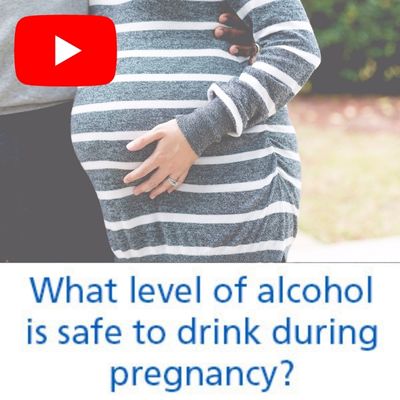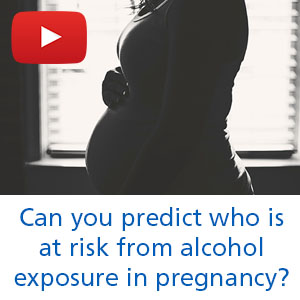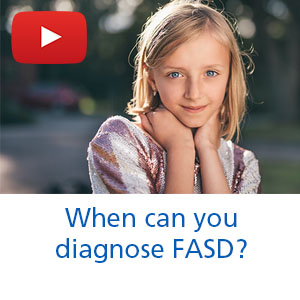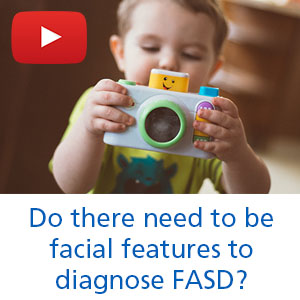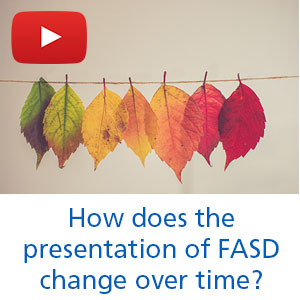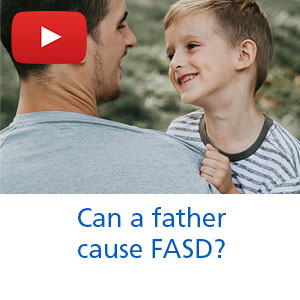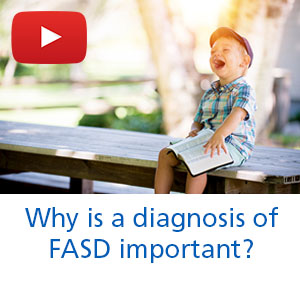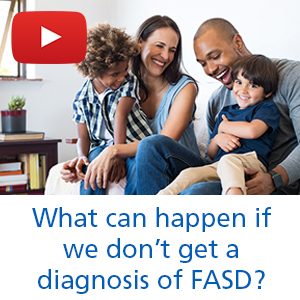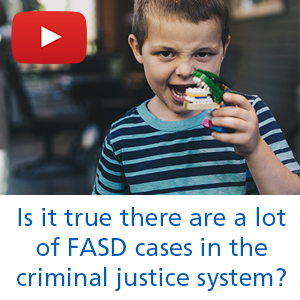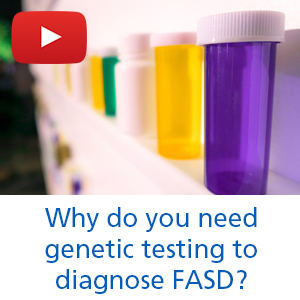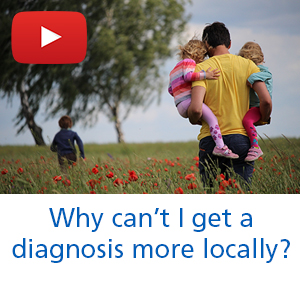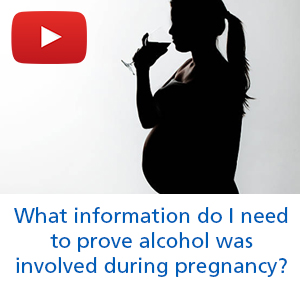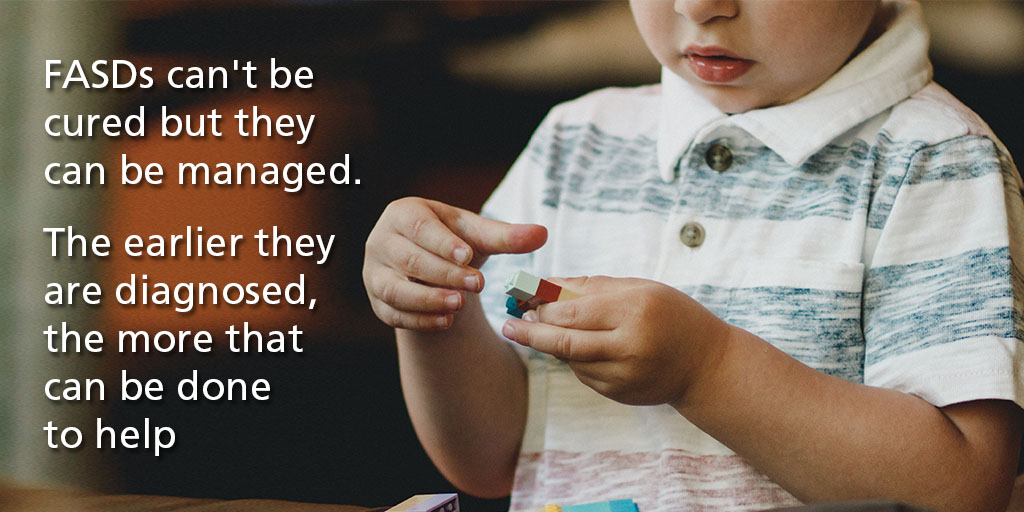
Professor Raja Mukherjee is a leading expert in Fetal Alcohol Spectrum Disorders (FASD). Below are answers to common questions about FASD which we hope you will find useful.
However, if you have any further questions, Professor Mukherjee will be happy to help. You can get in touch with him using the information on the contact us page, or you can tweet him using @rajamukherjee10.
What does FASD stand for?
It stands for Fetal Alcohol Spectrum Disorders, a term which describes a range of disorders that are caused by being exposed to alcohol in the womb. Prior to 2016 the most common diagnoses were Fetal Alcohol Syndrome and Alcohol Related Neurodevelopmental Disorder. There has been a more recent shift in diagnostic terms. Now the most commonly occurring diagnoses are ‘Fetal Alcohol Spectrum Disorder with Sentinel Facial Features’ and ‘Fetal Alcohol Spectrum Disorder without Sentinel Facial Features’.
How common are FASDs?
The prevalence of FASD worldwide is estimated to be 0.77% (2019 NICE Briefing Paper) but higher in some countries. The best prevalence estimate in the UK is currently 1.8-3.8% based on a prevalence study in Manchester. In some special populations, such as those in care, the rate may be as high as 27%.
What difficulties might someone with FASD have?
It varies from person to person and can depend on how much alcohol they were exposed to in the womb.
Whilst every person with FASD will have a unique profile of strengths and difficulties, this image indicates the range of some of the possible outcomes resulting from prenatal alcohol exposure:
Is it safe to drink when pregnant?
Evidence suggests that drinking small amounts of alcohol while pregnant could have more effect on unborn babies than previously thought.
There is no safe amount of alcohol to drink when pregnant. In 2016, the Chief Medical Officer issued guidelines for drinking during pregnancy. These guidelines state that “If you are pregnant or think you could become pregnant, the safest approach is not to drink alcohol at all.” “Drinking in pregnancy can lead to long-term harm to the baby, with the more you drink, the greater the risk” No alcohol = No risk. If an individual wishes to drink it is often better to take precautions about becoming pregnant.
What should I do if I suspect my child has FASD?
Your first point of contact should be your GP, midwife or health visitor. They may refer you to a geneticist if your child has the distinctive facial features associated with FASD.
However, as this only happens in a small percentage of those with the disorder (e.g., less than 10%), it may not be until the child starts to experience other difficulties (for example, emotional or academic) that they may be referred onto a developmental paediatrician or psychiatrist.
We only assess children aged 6 years or older. By this age, the developmental delays and central nervous system difficulties may be evident. The clinic is an NHS clinic, however, based on current funding structures local areas do not always commit to fund assessments. We can therefore accept private payments but do not accept private referrals. An NHS referral will still always be required from a healthcare practitioner.
Why do you need to have genetic testing? Is FASD a genetic syndrome?
No, FASD is not a genetic syndrome but the behavioural presentation of FASD overlaps with other conditions. Good practice would suggest that to confidently diagnose FASD, you must first rule out other disorders that are known to have similar neurodevelopmental presentations. The best way to do this is to undergo genetic testing (CGH micro array is still the current minimum recommendation, however local pathways may offer different assessments). Genetic testing is nationally commissioned and needs to be underway prior to referral to the clinic. We cannot do genetic testing at our clinic. It is the responsibility of local referrers to ensure that this is completed.
What help is available once a diagnosis is made?
FASDs can't be cured but they can be managed. The earlier they are diagnosed, the more that can be done to help.
Once someone is diagnosed, we focus on helping that person manage their condition, with the aim of preventing secondary social and psychological issues, such as social exclusion and mental ill health, from developing.
How much does it cost?
To find out how much our service costs, contact us at rxx.fasdclinic@nhs.net or phone 01737 288 813.
Do you accept private referrals?
We accept private payment, but remain an NHS clinic, therefore we do not accept private referrals. You would need to be added to the waiting list.
What help is available?
We provide full recommendations tailored to the individual in the report for local authorities to provide support.
What criteria do you use for assessment?
We refer to many different criteria, including international criteria, however we primarily use the SIGN-156 guidance, as NICE have adopted this guidance.
